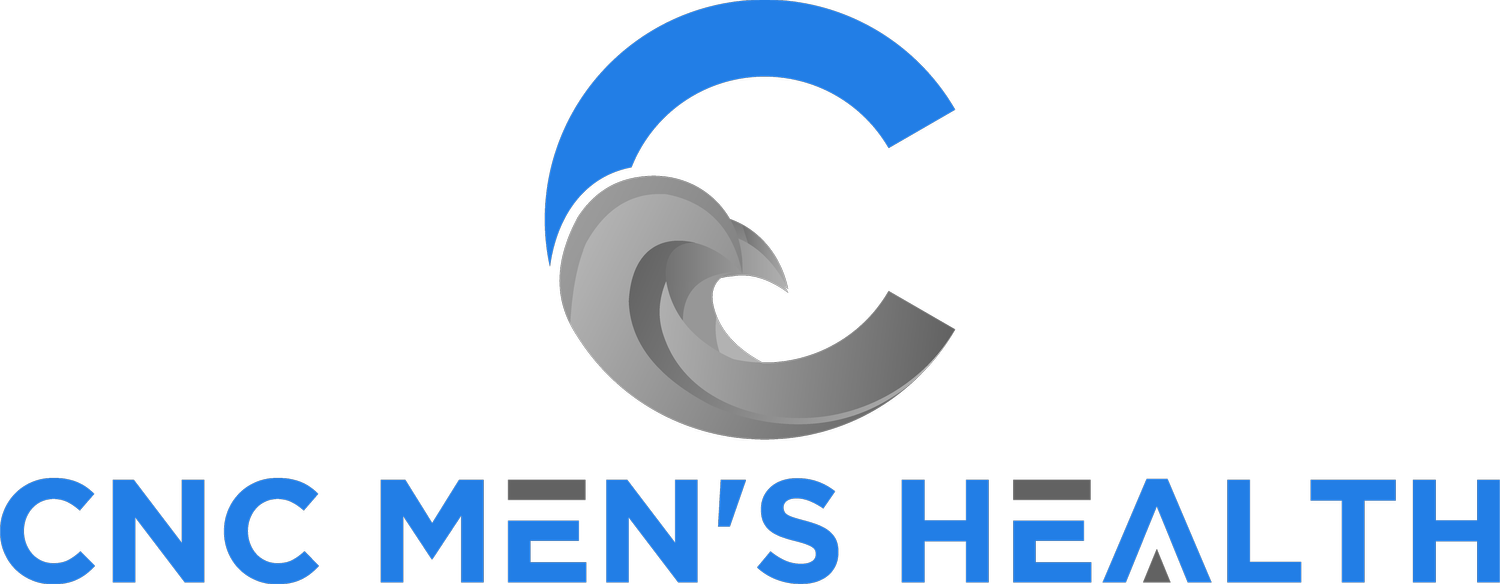Understanding the Importance of Free Testosterone Monitoring in Men's Health
In the realm of men's health, testosterone plays a pivotal role in various physiological functions. It's the hormone responsible for maintaining muscle mass, bone density, sex drive, and overall vitality. Testosterone levels are commonly assessed through blood tests, but what many may not realize is that there are different ways to measure testosterone, with free testosterone being a more accurate indicator of hormonal health than total testosterone.
At CNC Men's Health, we emphasize the significance of monitoring free testosterone levels to provide a more comprehensive understanding of an individual's hormonal profile. Here's why it's crucial:
Differentiating Between Total and Free Testosterone
Total testosterone measurement refers to the overall amount of testosterone circulating in the bloodstream, including both free testosterone (unbound) and testosterone bound to proteins like sex hormone-binding globulin (SHBG) and albumin. However, it's the free testosterone fraction that is biologically active and available for use by the body's tissues and organs.
Free testosterone, constituting only a small portion of the total testosterone, is not bound to proteins and is thus readily available to exert its effects. This unbound fraction is what influences libido, energy levels, muscle strength, and overall well-being.
Accuracy in Assessing Hormonal Status
Monitoring free testosterone levels provides a more accurate reflection of an individual's hormonal status. Fluctuations in SHBG levels, which can occur due to various factors such as aging, obesity, or certain medications, can impact the binding of testosterone, affecting the total testosterone value. However, free testosterone remains relatively unaffected by these fluctuations, offering a more stable representation of bioavailable testosterone.
Clinical Relevance in Symptomatology
While both total and free testosterone levels are essential parameters, symptoms of low testosterone – such as fatigue, reduced libido, erectile dysfunction, and decreased muscle mass – may not always correlate with total testosterone levels alone. In many cases, individuals may experience these symptoms despite having normal total testosterone but low free testosterone levels.
Personalized Treatment Approaches
At CNC Men's Health Clinic, understanding the nuances between total and free testosterone enables us to tailor treatment plans more precisely. By evaluating free testosterone levels alongside comprehensive clinical assessments, we can better determine the most suitable interventions, which may include lifestyle modifications, hormone replacement therapy, or other targeted approaches to optimize hormonal balance and improve quality of life.
Conclusion
In the realm of men's health, monitoring free testosterone levels is paramount for a thorough evaluation of hormonal status. By recognizing the importance of free testosterone as a more reliable indicator of available biologically active hormone, we can better address symptoms and develop personalized treatment strategies that target the root cause of hormonal imbalances.
At CNC Men's Health, we are committed to leveraging the latest advancements in hormone assessment to empower men in optimizing their health and vitality. Contact us today to schedule a consultation and take a proactive step towards understanding and managing your hormonal well-being.
Remember, it's not just about the total testosterone count – it's about unlocking the potential of the free testosterone fraction for a healthier, more energized life.
